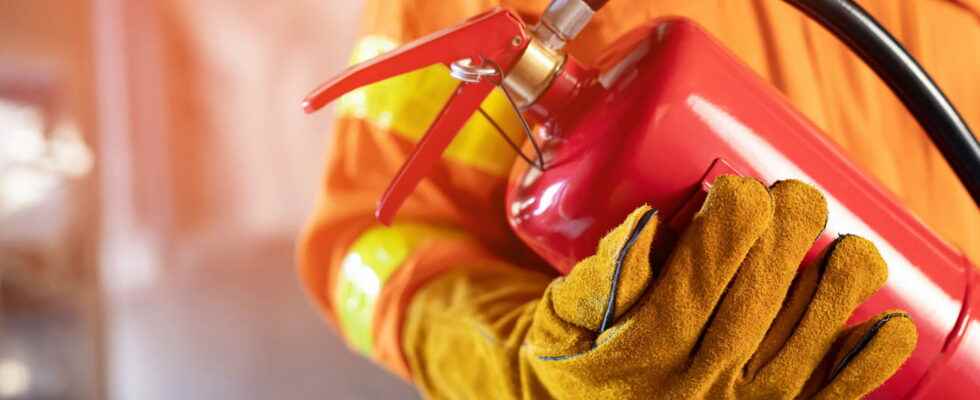In the event of a gas leak, there is a risk of explosion. A gas is explosive when it is under pressure, it becomes flammable and its products of combustion can be poisonous and fatal. Advice.
In the event of a gas leak, there is a risk of a gas explosion. In concrete terms, a gas is explosive when it is under pressure, it becomes flammable and its combustion products can be toxic and deadly, hence the importance of protecting yourself against it. When can a gas explode ? In a house ? How to avoid a gas explosion? What to do if it happens? If there are victims ?
When can a gas explode in a house?
“Like all flammable gases, natural gas has what is called “a range of explosiveness”. In other words, if there is a gas leak (due to a boiler, a defective butane gas bottle or the dilapidation of a building), that the gas is in a good proportion with air and there is a fortuitous (or intentional) ignition, such as switching on the heating, there is a risk of explosion. To know this area of explosibility and prevent the risk of explosion, you must have an explosimeter (provided by firefighters, gas workers and gas professionals)“, details Captain Vincent Lombart, firefighter and former firefighter from Paris. A gas that accumulates in a confined space such as a basement, dwellings or sewers can therefore cause major explosions. “Regarding interventions for gas leaks, the risk of explosion is always taken very seriously by firefighters, but despite this, accidents related to explosions still happen too often (we remember the explosion in Paris rue de Trevise in January 2019 which caused 4 deaths and around 60 injuries). This is an explosion of domestic gas cylinders in lots of fire“.
What are the dangers of a gas explosion?
A gas explosion can cause:
- A fire
- Poisoning from the products of combustion which can be toxic
- A projection of debris
- Burns
What to do in the event of a gas explosion in a house?
In the event of a gas leak or an abnormal smell of gas suggesting a gas leak (recognizable by the smell of sulfur or rotten eggs), it is right to :
- To extinguish or not to light a cigarette
- Do not enable or disable devices or switches that can produce a spark (bell, light switch, mobile phone or any other electrical device…)
- Ventilate the place as much as possible
- If possible, turn off the gas or operate the building supply cut-off valve
- Evacuate the premises calmly, call the emergency services and wait for the emergency services to give the right to re-enter the premises
- Before restarting the installation, call a gas professional to check it.
“When the firefighters intervene on flaming gas leaks, we can notice that they do not extinguish the burning gas leak but water it with water lances everything that can burn nearby ; this maneuver which may seem absurd to neophytes aims to avoid ending up with gas and a risk of explosion (as long as
the gas burns, there is no risk of explosion). The purpose of the operation being to find the gas barrier and proceed with the cut-off, a maneuver carried out in pairs with the GRDF emergency service (gas distribution network France) which masters knowledge of the network and the closing devices“
What if there is a victim in a gas explosion?
If there is a victim, you must act responsibly by ensuring your own safety:
- Remove the victim to a ventilated room, taking care not to cause a spark
- Evacuate the area and prevent access
- Call for help by dialing 18 or 112 from the non-hazardous area so as not to create a spark.
► In the event of a gas leak, it is imperative not to touch any device, electrical installation or any object that can produce a flame (match, elevator, circuit breaker, laptop computer, electrical outlet, bell, telephone, switch, flashlight, lighter, etc.).
► Regularly check and maintain the gas installations of the accommodation
► Ventilate and maintain ventilation
► Follow the evolution of the regulations in force
Thank you to Captain Vincent Lombart, firefighter and former firefighter from Paris.
Sources: Site of the Firefighters of France / the POURNY report of December 2003 on the safety of firefighters
